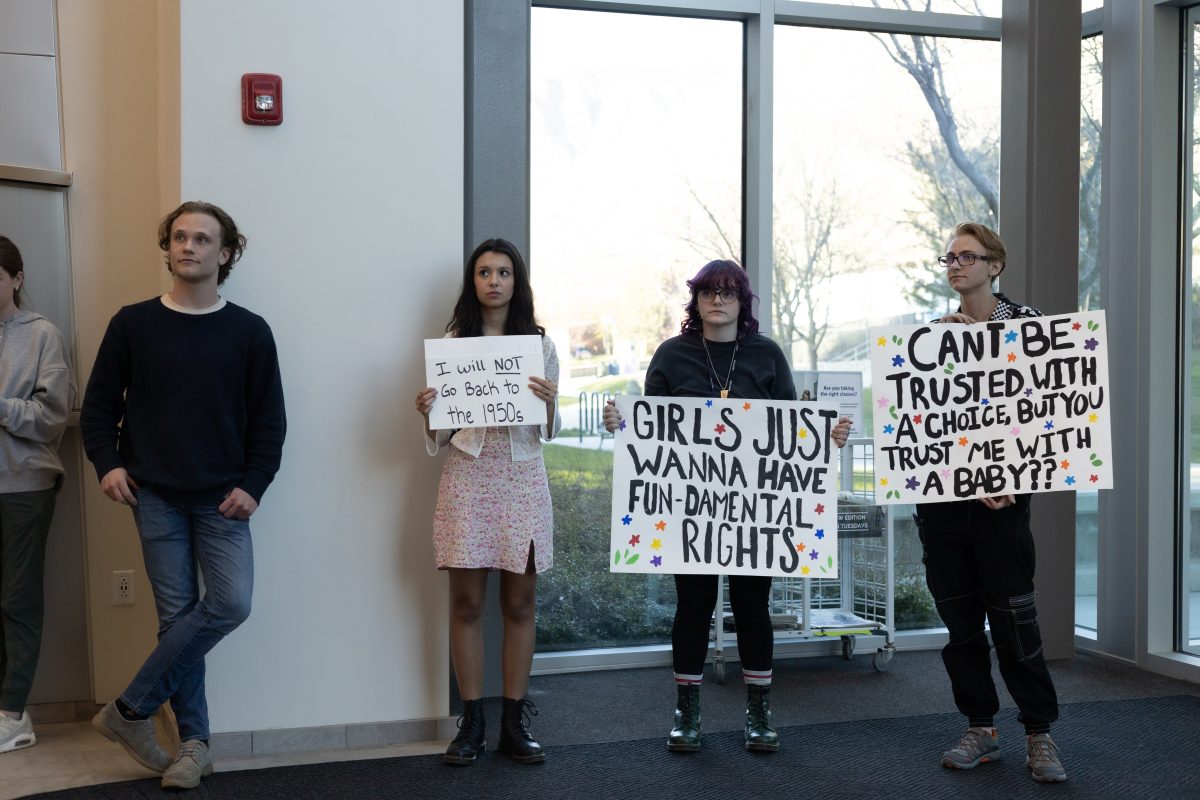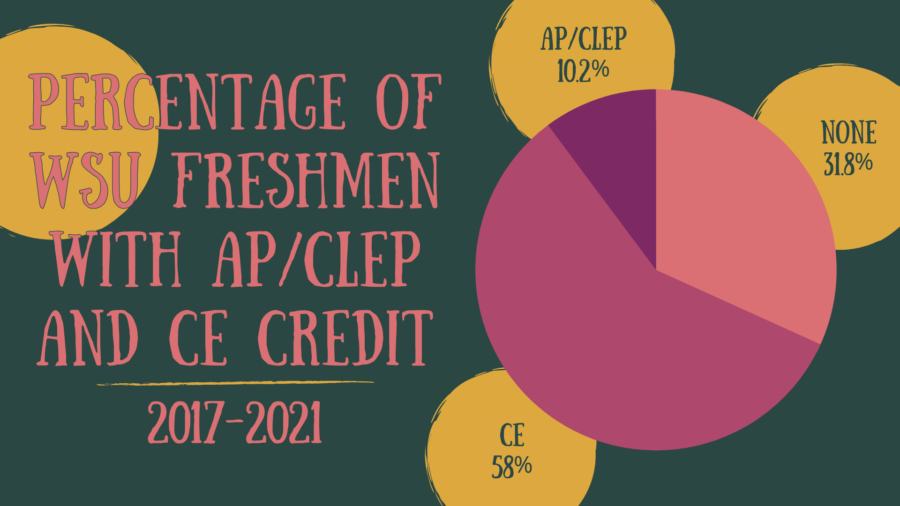
Gretchen Morgenson, assistant business and financial editor for The New York Times, presented Tuesday to a group of Weber State University students and faculty on the financial problems of the nation and how they should be handled.
Morgenson is the author of Reckless Endangerment: How Outsized Ambition, Greed and Corruption Created the Worst Financial Crisis of Our Time, which has become a bestseller. She also received the Pulitzer prize in 2002, and in 2009 was called “most important financial journalist of her generation” in an article by The Nation.
After graduating from Saint Olaf College in 1976, she worked as an assistant editor for Vogue, and then went on to Wall Street to work as a stockbroker for three years.
“I then was able to take my writing skills and combine them with my financial grasp,” Morgenson said. She joined The New York Times in 1998.
Morgenson said a lot of financial reporters don’t necessarily have the experience, the understanding of how the capital market works, how money is raised, and how investments are put together. Her Wall Street experience “helped a lot” and gave her the edge over other financial reporters.
Most of Morgenson’s writing in recent years has been about scandals, financial crisis and panics due to the 2008 financial crisis.
“I would say the top priority would be that we get to a point where our policymakers in Washington do not feel they have to bail out institutions that get into trouble,” Morgenson said. “I think that’s probably the single biggest problem that we face financially and socially as a country.”
Her book is about how the nation got to its economic collapse in 2008. She said the book goes back to 1991, exploring the close ties and the interrelationships between the government, the housing sector and housing finance. There was a push for the “American Dream” of home ownership that led to bad practice, with cases of perverse incentives.
Morgenson said she wanted to go back in time to show how this built up over a period of more than a decade and who the players were who should be held accountable.
“One of the most disturbing aspects of the aftermath of the crisis is the refusal by the government to hold people accountable,” Morgenson said. “We just have not seen anywhere near the criminal cases or even very tough civil cases brought by the government, by regulators against the people who really brought down the institutions.”
As far as working as a financial journalist, Morgenson said fewer people go into finance, although the percentage is higher now compared to 1976. Only 8 percent of Yale graduates worked in finance compared to 20 percent now, but because there might be less money in the future, fewer journalists are taking that field.
Other issues Morgenson spoke on were on debts, the nation’s profits, and how companies that agreed never to violate fraud laws with the Securities Exchange Commission failed to keep their promises. Morgenson said The New York Times analysis found at least 51 cases in which the SEC concluded that Wall Street firms had broken anti-fraud laws they had previously agreed never to breach.
“Add this all up and I think you can see why we are in our current and especially frustrating situation,” Morgenson said.
In a closing statement, Morgenson quoted Frederic Bastiat, a 19th-century French writer and economist, as saying, “When plunder becomes a way of life for a group of men living in society, they create for themselves in the course of time a legal system that authorizes it, and a moral code that glorifies it.” Morgenson added, “That’s what we’re up against today, and we must not allow it to prevail.”
Todd Halverson, educational manager for The New York Times in Utah, coordinated with the Center for Engagement at WSU to bring Morgenson out to present to students. He works with faculty and administration to utilize The New York Times as an educational resource.
“By talking to faculty and administration, we get a consensus of what would be important for students to learn about that we can provide a journalist or an expert in that field,” Halverson said.
Morgenson’s ideas not only taught students, but teachers as well. Economics professor Doris Geide-Stevenson said a lot of what Morgenson talked about is a conclusion that people come up with between the private and public sector that really led to the crisis.
“The better people understand it, hopefully institutionally something will change,” Geide-Stevenson said.


















